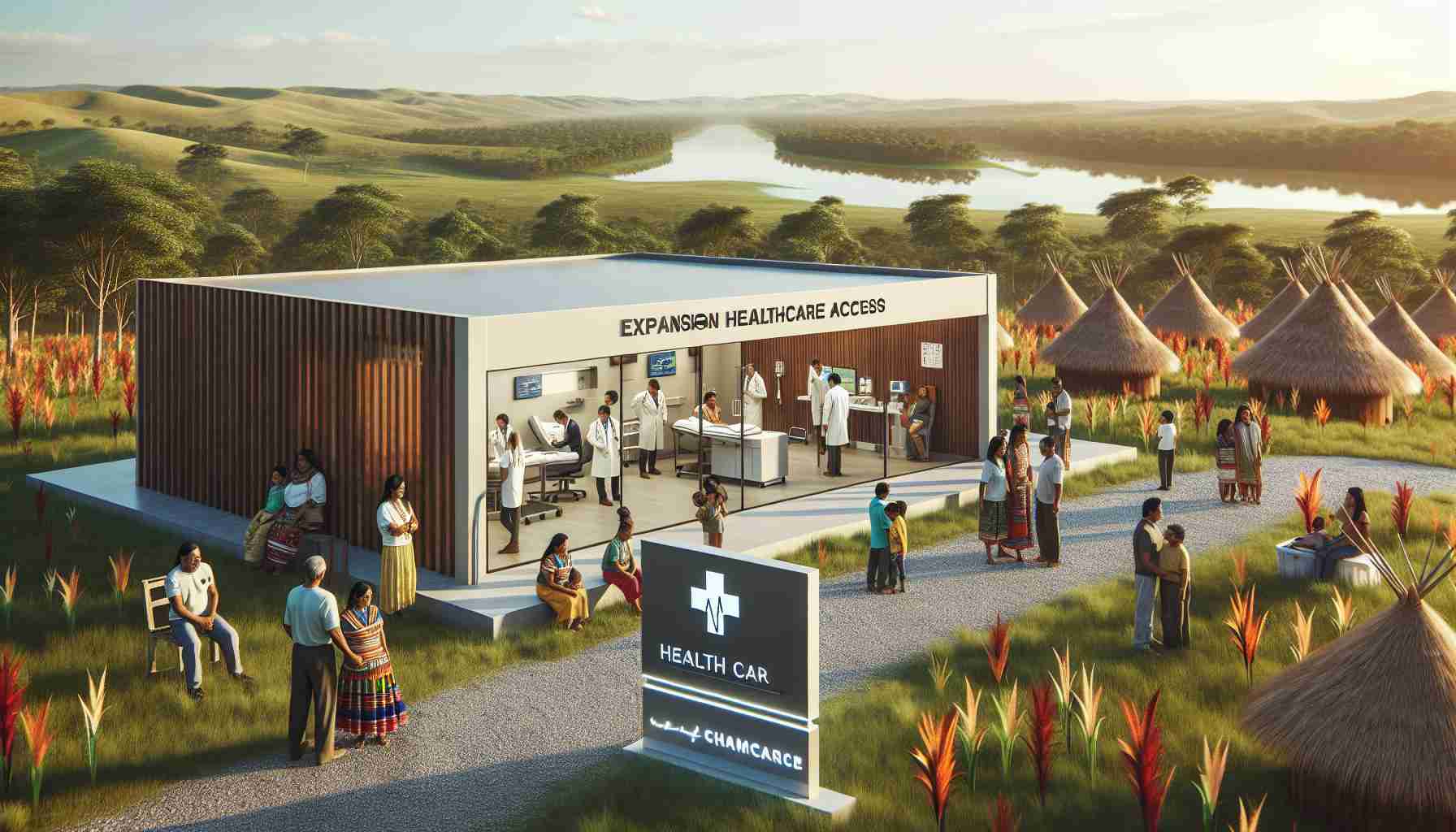In a bid to improve healthcare services for indigenous communities, a new healthcare center has recently opened its doors in a bustling urban setting. The center, equipped with state-of-the-art facilities, is dedicated to providing a wide array of healthcare services to members of the local Native American population.
Patients at the center can access primary and urgent care services, as well as pharmaceutical care, optometry, dental, physical therapy, and social services. The center’s commitment to patient satisfaction is evident in their proactive approach to seeking feedback and implementing changes based on community input.
With a growing staff of dedicated healthcare professionals, the center anticipates a significant expansion in the number of employees by the end of the year. Plans are also underway to secure additional funding to enhance specialty care services, ensuring that the healthcare needs of the community are met with the highest standards of care.
Emphasizing the importance of growth and support for employees, the center aims to provide a nurturing environment where staff can thrive and advance in their respective roles. This commitment to professional development underscores the center’s dedication to delivering culturally competent and comprehensive healthcare to the indigenous population.
By the end of the year, the center aims to extend its services to over 20,000 community members, paving the way for improved access to quality healthcare for indigenous populations in the region.
Expanding Healthcare Access for Indigenous Communities: Advancing Support and Overcoming Challenges
In the quest to bolster healthcare services for indigenous communities, it is imperative to address key questions surrounding the expansion of access and quality care for these populations.
What are the key challenges associated with enhancing healthcare access for indigenous communities?
One significant challenge is the historical disparities in healthcare funding and resources allocated to indigenous populations. Addressing cultural competence among healthcare providers and understanding the unique healthcare needs of indigenous communities are also crucial challenges.
How can these challenges be overcome?
Overcoming these challenges requires a multi-faceted approach that includes increasing funding for indigenous healthcare initiatives, providing cultural competency training for healthcare providers, and actively involving indigenous community leaders in healthcare decision-making processes.
What are the advantages of expanding healthcare access for indigenous communities?
Expanding healthcare access can lead to improved health outcomes, reduced healthcare disparities, and increased community engagement in healthcare decision-making. It can also foster a sense of empowerment and autonomy among indigenous populations regarding their healthcare choices.
What are the disadvantages or controversies associated with this expansion?
Some potential disadvantages may include resistance to change from existing healthcare systems, concerns about the sustainability of long-term funding for specialized services, and potential tensions between traditional healing practices and Western healthcare approaches.
Related Links:
– World Health Organization
– National Institutes of Health
Expanding healthcare access for indigenous communities is not just about establishing new healthcare centers; it is about creating sustainable, culturally sensitive, and comprehensive healthcare systems that prioritize the well-being of these marginalized populations. By addressing key questions, challenges, and controversies head-on, we can pave the way for a more equitable and inclusive healthcare landscape for indigenous communities.
